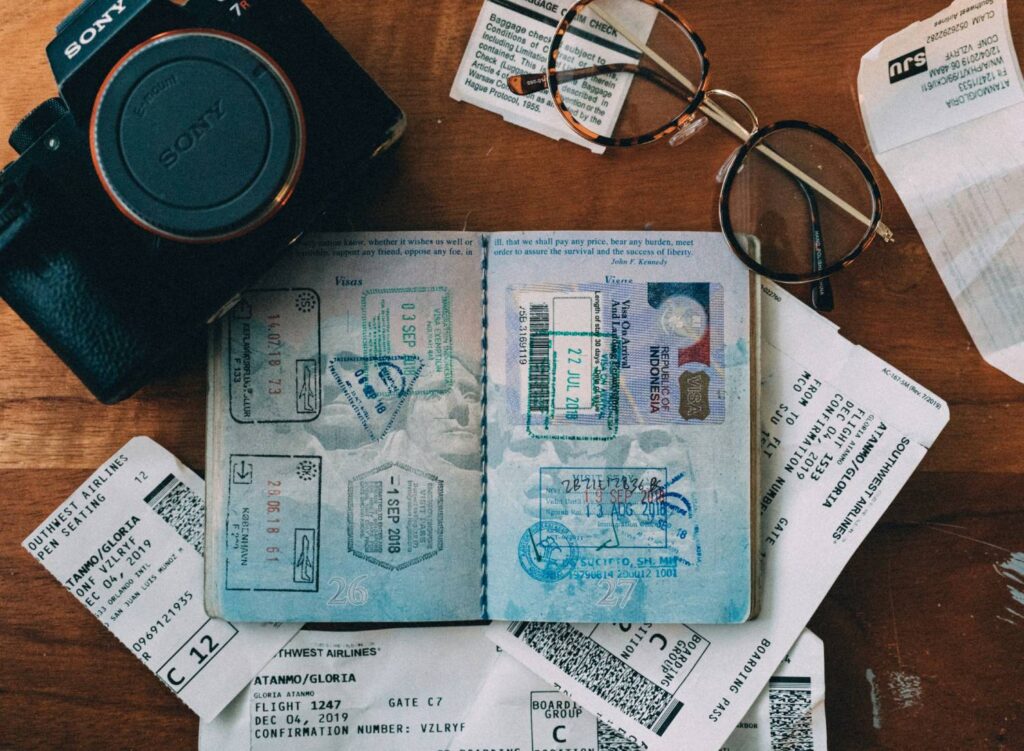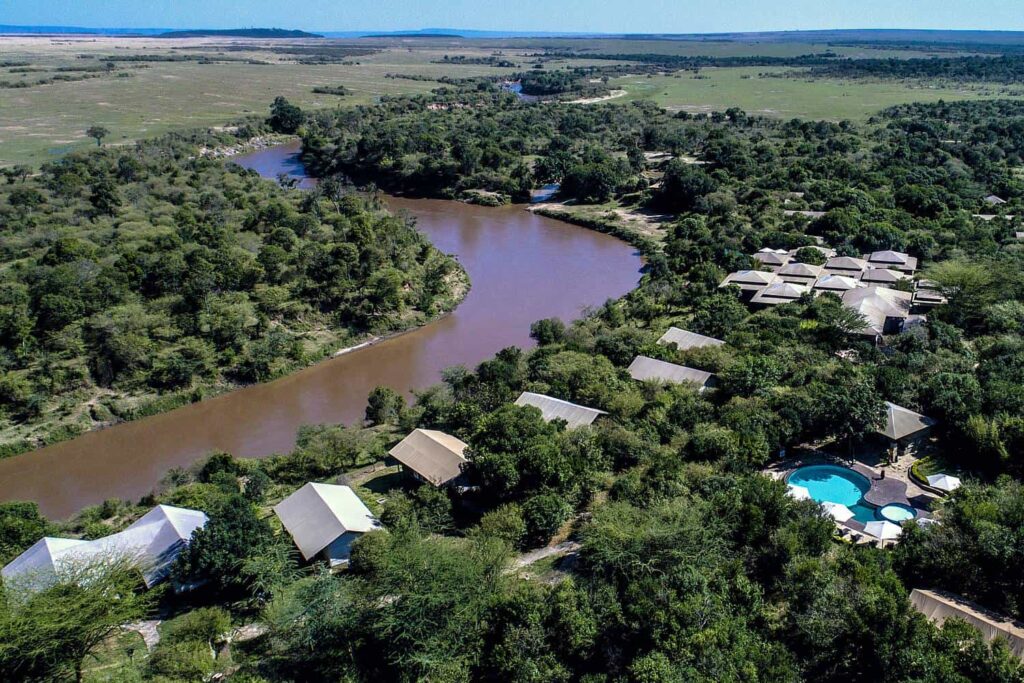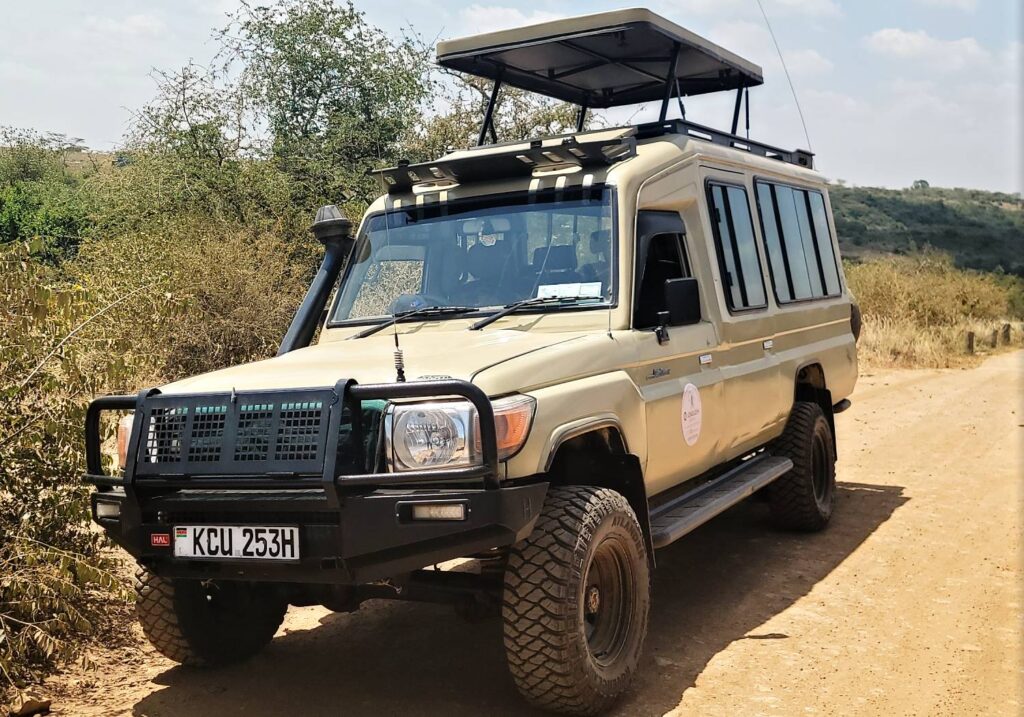Going on a safari is an exciting adventure that brings you face-to-face with incredible wildlife in their natural habitat. Whether you’re a first-time traveler or an experienced explorer, proper preparation makes the journey smooth and enjoyable. To help you get ready, here are the most important things to know before going on a safari.
1. Packing Essentials
- Wear light, breathable clothing in neutral colors to blend into the environment and avoid disturbing wildlife.
- Bring warm layers for early mornings and evenings, as temperatures can drop significantly.
- Pack comfortable walking shoes, especially if you plan to visit a Maasai village or take a nature walk.
- Protect yourself from the sun with a hat, sunglasses, and sunscreen.
- Carry a rain jacket or poncho if traveling during the rainy seasons (March-May and October-November).
- Pack binoculars for better wildlife viewing and a high-quality camera for capturing stunning landscapes.
- Bring insect repellent to protect yourself from mosquitoes.
2. Travel Documents & Money
- Ensure you have a valid passport or ID if you’re a Kenyan resident.
- Confirm in advance whether park entry fees are included in your safari package.
- Carry extra cash in Kenyan Shillings or USD for personal expenses, souvenirs, or tips.
- Use cash for small purchases, as some lodges may not accept credit cards.

3. Health & Safety Tips
- Take anti-malarial medication before traveling to areas like Masai Mara.
- Drink plenty of water and use a reusable water bottle to stay hydrated.
- Follow your safari guide’s instructions at all times for your safety.
- Maintain a respectful distance from wildlife—never feed or touch animals.
- Stay inside the safari vehicle unless your guide confirms it’s safe to step out.
4. Safari Etiquette
- Keep noise levels low during game drives to avoid scaring away animals.
- Dispose of waste properly and avoid littering.
- Be punctual for game drives and departures to maximize wildlife sightings.
- Avoid smoking in the park, as it poses a fire hazard and harms the environment.
5. Accommodation & Meals
- Choose from budget-friendly tented camps to luxury lodges—confirm your booking category in advance.
- Expect full-board meals (breakfast, lunch, and dinner) in most safari packages.
- Notify your safari provider early if you have any dietary restrictions.
- Some camps have limited electricity and hot water, so bring a power bank to keep devices charged.

6. Weather & Best Time to Visit
- Visit during the dry seasons (June-October and December-February) for the best wildlife viewing.
- Witness the Great Migration between July and October for an unforgettable experience.
- Expect lush landscapes during the rainy seasons (March-May and October-November), though some roads may be muddy.
7. Transport & Game Drive Expectations
- Most safaris use 4×4 safari vehicles or safari vans for game drives.
- Prepare for a 5-6 hour journey from Nairobi to Masai Mara, with some sections on rough roads.
- Wildlife sightings depend on nature, but experienced guides work hard to locate the best viewing spots.

A safari is a once-in-a-lifetime experience, and proper preparation ensures you make the most of it. These things to know before going on a safari will help you get ready for an unforgettable journey. Follow these essential tips, pack wisely, and embrace the adventure ahead. Ready for your next safari?
